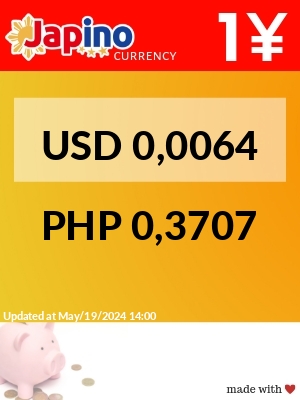The Japan Information and Culture Center (JICC) through the Embassy of Japan in the Philippines have announced last year (2014) that they are offering scholarships to deserving Filipino students. Interested applicants must contact the embassy to inquire about the latest details regarding the scholarship eligibility in order to study in Japan. Filipino students who are under the guidance of the Japan Student Services Organization or the Ministry of Education have a clear-cut advantage when they apply for a visa because of the Certificate of Eligibility. This special privilege is highly beneficial for students since they do not need to submit requirements like bank certificates, income tax return (ITR) and/or letters of guarantee.
Certificate of Eligibility
The Certificate of Eligibility is given only to qualified university exchange students who are either undergraduate or postgraduate. The best means to get a Certificate of Eligibility is to check if your school offers a Japanese exchange student program. If you are accepted for any educational program in Japan, your Certificate of Eligibility will be issued to you together with other important documents like your Japanese school admission papers.
How to get the best education in Japan without hurting your pocket
Studying in Japan can be your best option if you want to gain more knowledge and expand your horizons by learning a new culture. However, studying abroad can be very expensive. So the best way to avail of quality education without going broke is to first check your options and apply for the right scholarship program. Although, not everyone can be qualified to get a full scholarship; there are still a few strategies that can help you curb the costs of studying abroad.
It is best to research your options and start with the scholarship programs that are offered by the Japanese government. Check out the JASSO International Student Scholarship which is offered for short-time studies which is typically within 3 months up to a year. The Japanese Government Scholarship or Monbukagakusho is also an option. They offer the Japanese Studies Program which is good for 1 academic year. Other scholarship sources include local government units in various cities around Japan, international associations, and private foundations. There are also scholarships for foreign students residing overseas who are interested to study in Japan through a long distance program. There are various resources you can read online about these scholarships including requirements and educational coverage.
Another way to spend less money when you plan to study in Japan is to enroll directly to a Japanese university of your choice. It would also help if you research about different universities in key cities so you can get an idea which schools can provide you with the best form of education. Get in touch with the International Student Centers of your preferred Japanese university so you can inquire about their programs and as well as get an idea regarding the expenses.
Some foreign students also engage in part time work in order to support themselves financially while studying and living in Japan. Some possible jobs include teaching English and translation work.





























You must be logged in to post a comment.